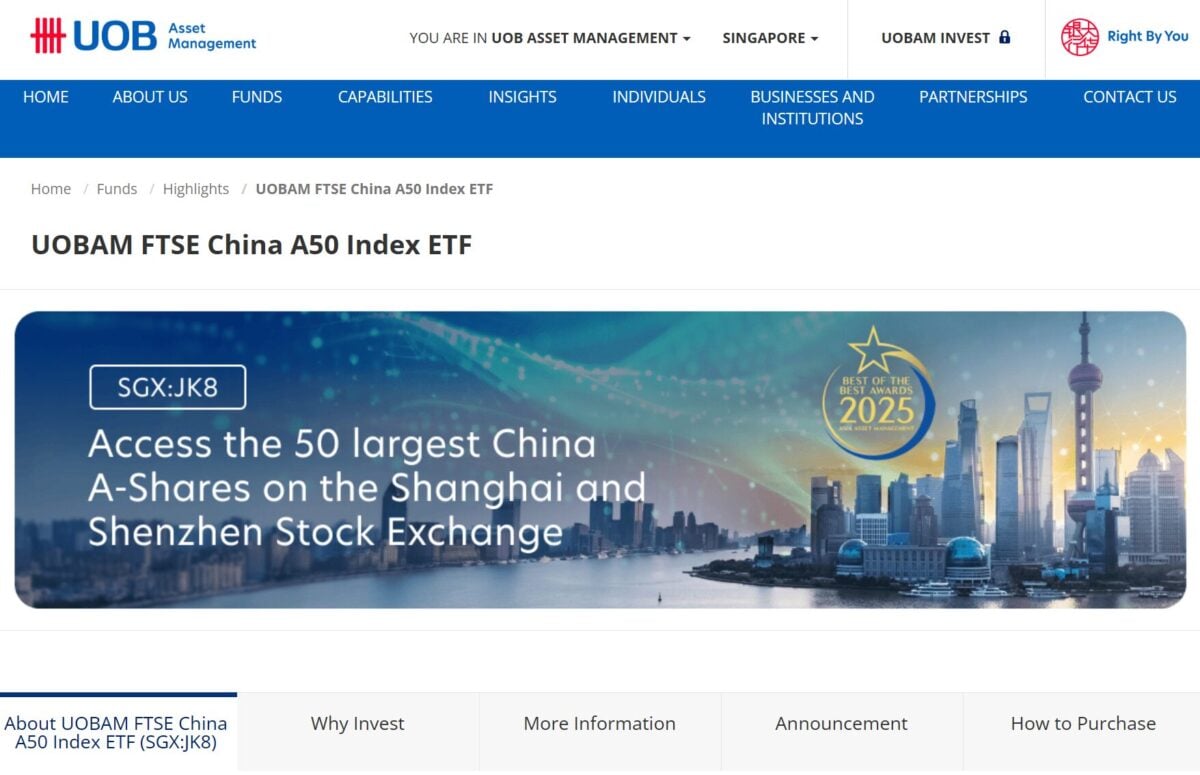The electric vehicle (EV) industry is often dominated by the American company Tesla. However, Chinese EV manufacturers have earned a stellar reputation for producing technologically advanced, well-built and affordable cars.
In fact, China became the world’s second-largest car exporter in 2023, second only to Japan. Although only 30% of China’s car exports in 2023 were EVs, the rapid growth in this sector demonstrates the strength of Chinese car manufacturers.
For those interested in investing their hard-earned money in Chinese EV makers, here’s a guide to understanding this innovative and fast-growing sector in China.
Top EV makers in China
By late 2023, China had around 50 domestic EV brands producing pure electric vehicles and plug-in hybrids.
In China’s increasingly competitive EV market, several notable big players have emerged as leading manufacturers following a decade of explosive growth in the industry. Due to overcapacity from the large number of EV manufacturers and declining domestic sales, many market analysts predict a period of consolidation.
As a result, some of the largest EV makers today have become household names, familiar to many due to their presence in international markets.
Top HK-listed EV makers in China
HKEX ticker
Market Cap (US$ billion)
1. BYD Co Ltd
1211
87.7
2. Li Auto Inc
2015
21.2
3. Geely Auto Group
0175
12.2
4. NIO Inc
9866
11.0
5. Guangzhou Auto Group
2238
9.7
Source: Yahoo Finance, HKEX
The largest by far is BYD Co Ltd (HKEX: 1211), a vertically integrated EV manufacturer that produces both electric vehicles and the batteries that go into them.
In the final quarter of 2023, BYD overtook Tesla to become the world’s biggest EV company (by sales). However, after Q1 2024 saw BYD’s sales plunge by 43% from the previous quarter, Tesla reclaimed its crown as the world’s leading EV seller. This was caused by weakening demand in China and an increasing trend of price cuts by manufacturers for domestic EV sales in China.
BYD has a history that goes back two decades. It started out as a manufacturer of low-cost mobile phone batteries. In 2008, it attracted a big investment from investing guru Warren Buffett and his Berkshire Hathaway firm.
Read Also: Understanding BYD – The Warren Buffett-Backed Heavyweight Chinese EV Company
Meanwhile, domestic rivals in China have adopted a different approach to growing their share of the EV market.
Players like Li Auto and NIO Inc have focused more on their strong software offerings and autonomous driving capabilities. Additionally, NIO has focused on building out battery-charging and battery-swapping infrastructure for its cars all around China. The company now has more than 2,200 fast-charging stations and 2,400 battery-swapping stations, giving it one of the most extensive networks in China.
Price War And New EV Entrants In China
However, despite the impressive innovation in China’s EV market, it has not been enough to counteract a severe slowdown in domestic demand for EVs.
Given the size of China’s market and the fact that many Chinese EV manufacturers lack a presence in the U.S. auto market due to punitive tariffs, domestic sales become even more critical.
Monthly sales of battery EVs in China, year-on-year change (%)
Sources: FT.com, Wind
Despite significant innovation, China’s EV market has faced a severe slowdown in domestic demand. The phasing out of government subsidies and consistent price cuts by major players have led to deflation and weak consumer sentiment. This has resulted in a considerable decline in EV sales since 2022. BYD’s Q1 2024 earnings reflected this trend, showing weak profit and revenue growth. The influx of new entrants, such as Xiaomi, has further increased market supply, exacerbating the challenges for existing EV manufacturers.
Read Also: Understanding Xiaomi: China’s Smartphone and Smart Electronics Pioneer
Share Price Performance Of China’s EV Makers So Far In 2024
Falling sales and price cuts in China have led to struggling share prices for many Hong Kong-listed Chinese EV makers. Li Auto, NIO, and Xpeng have all seen their share prices drop by over 40% this year.
However, exceptions include companies with enormous scale and alternate businesses, like BYD, or those with substantial combustion engine businesses, like Geely. BYD’s Hong Kong-listed shares are up nearly 5% in 2024, while Geely’s shares have risen just over 13% due to strong sales growth and an expanding export business.
For investors interested in China’s massive EV market, Hong Kong’s stock market offers a wide range of options. It’s important to consider each company’s position within the EV ecosystem and identify which firms might emerge as winners once the current price war eases.
Read Also: Investing In China’s Leading EV Stocks: BYD Ltd; NIO Inc; Xpeng Inc
The post Guide To Investing in Chinese EV Makers appeared first on DollarsAndSense.sg.










